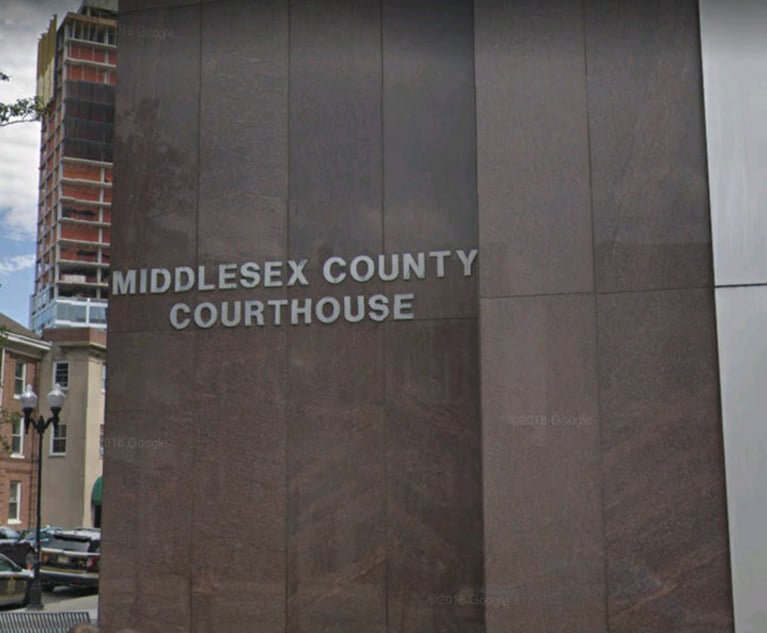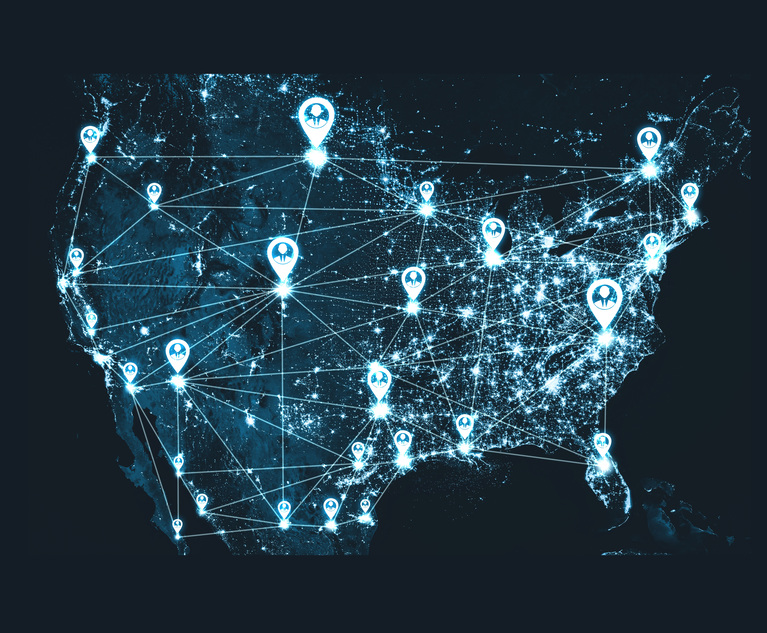This summer, the State of New Jersey enacted a wage act that increases the potential liabilities for businesses in the state. The new law, most of which took effect immediately, amends the New Jersey Wage Collection Law (WCL), New Jersey Wage and Hour Law (WHL), and Wage Payment Law (WPL), as well as the New Jersey criminal code. Among other things, the new wage act:
- Enhances the WHL’s and WPL’s anti-retaliation provisions;
- Increases the statute of limitations for bringing claims under the WCL and WHL to six years;
- Subjects employers to increased damages, including liquidated damages of up to 200% of wages owed;
- Increases criminal liability for employers who commit wage violations;
- Increases the power of the administrative agency tasked with enforcing New Jersey’s wage laws, including that agency’s ability to subject employers to joint, several and successor liabilities; and
- Requires employers to distribute a notice to employees about their wage rights.
Anti-Retaliation Provisions
The new wage act makes it a “disorderly persons offense” for an employer to retaliate against an employee in violation of the WHL or WPL. Additionally, the new law increases the list of protected activities so that it now includes all of the following:
- Complaints to the employer, the New Jersey Department of Labor and Workforce Development (DLWD), or the employee’s representative about the employer’s failure to pay wages;
- The initiation of a proceeding related to the WHL and WPL;
- Testimony in a proceeding related to the WHL and WPL;
- Informing any of the employer’s employees about rights under New Jersey wage laws; and
- In the case of the WHL, serving on a wage board.


 Photo by BigStock
Photo by BigStock




